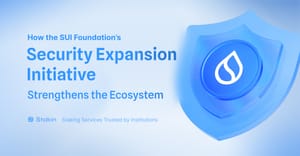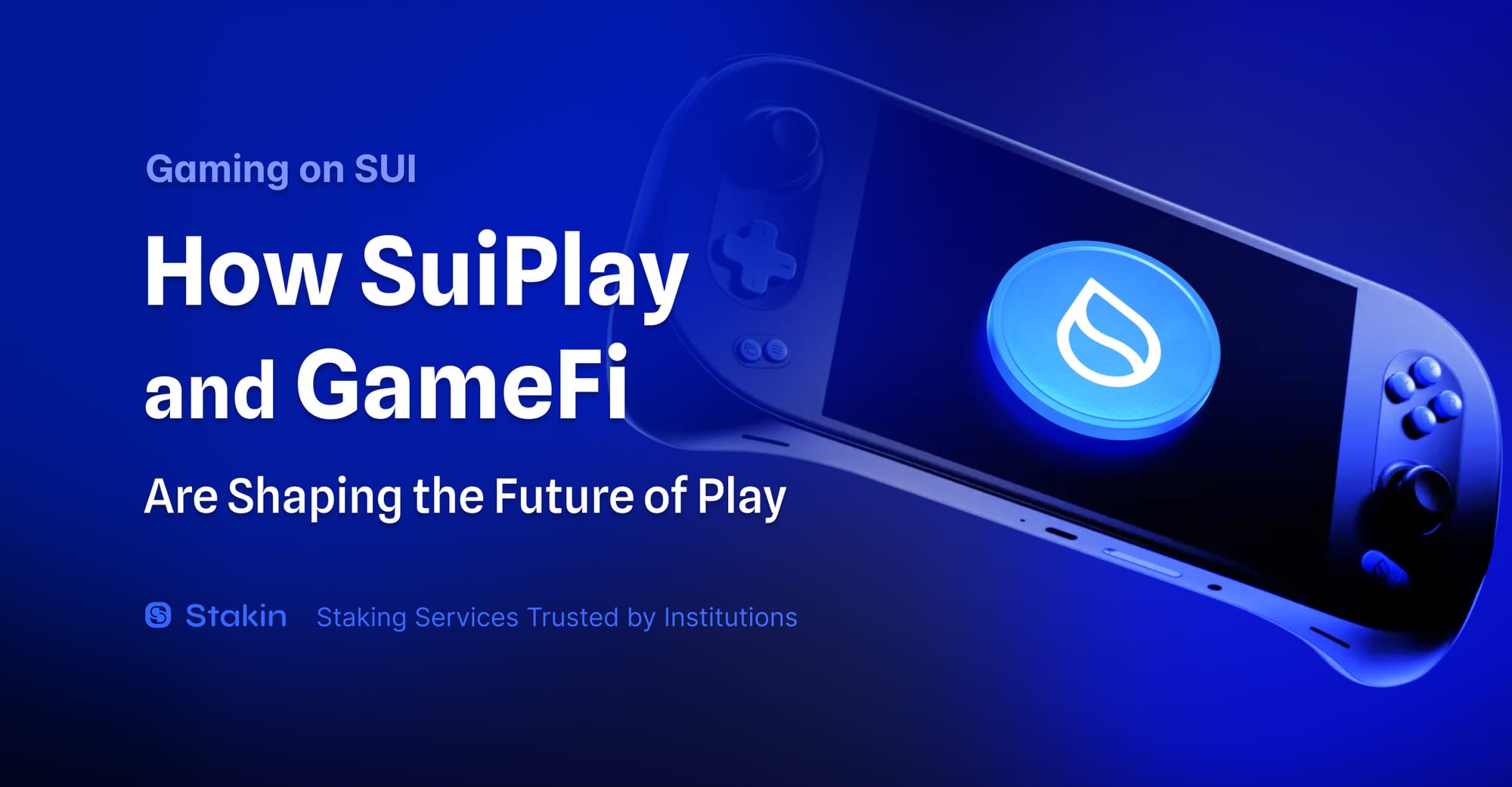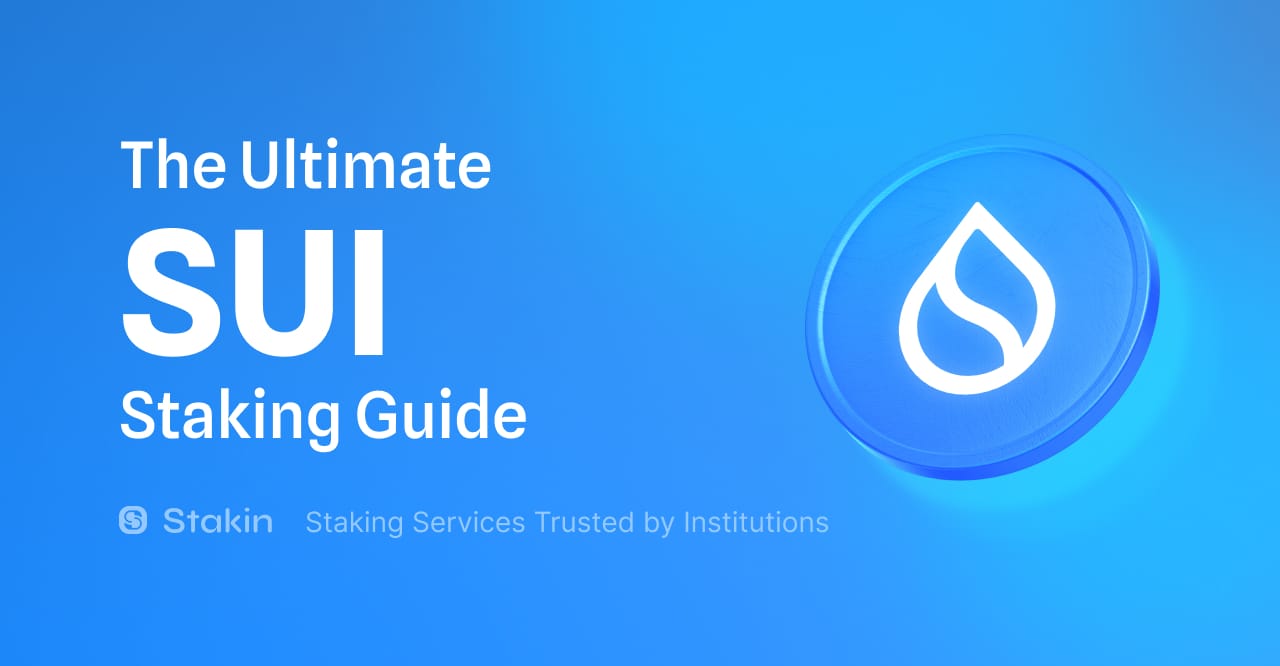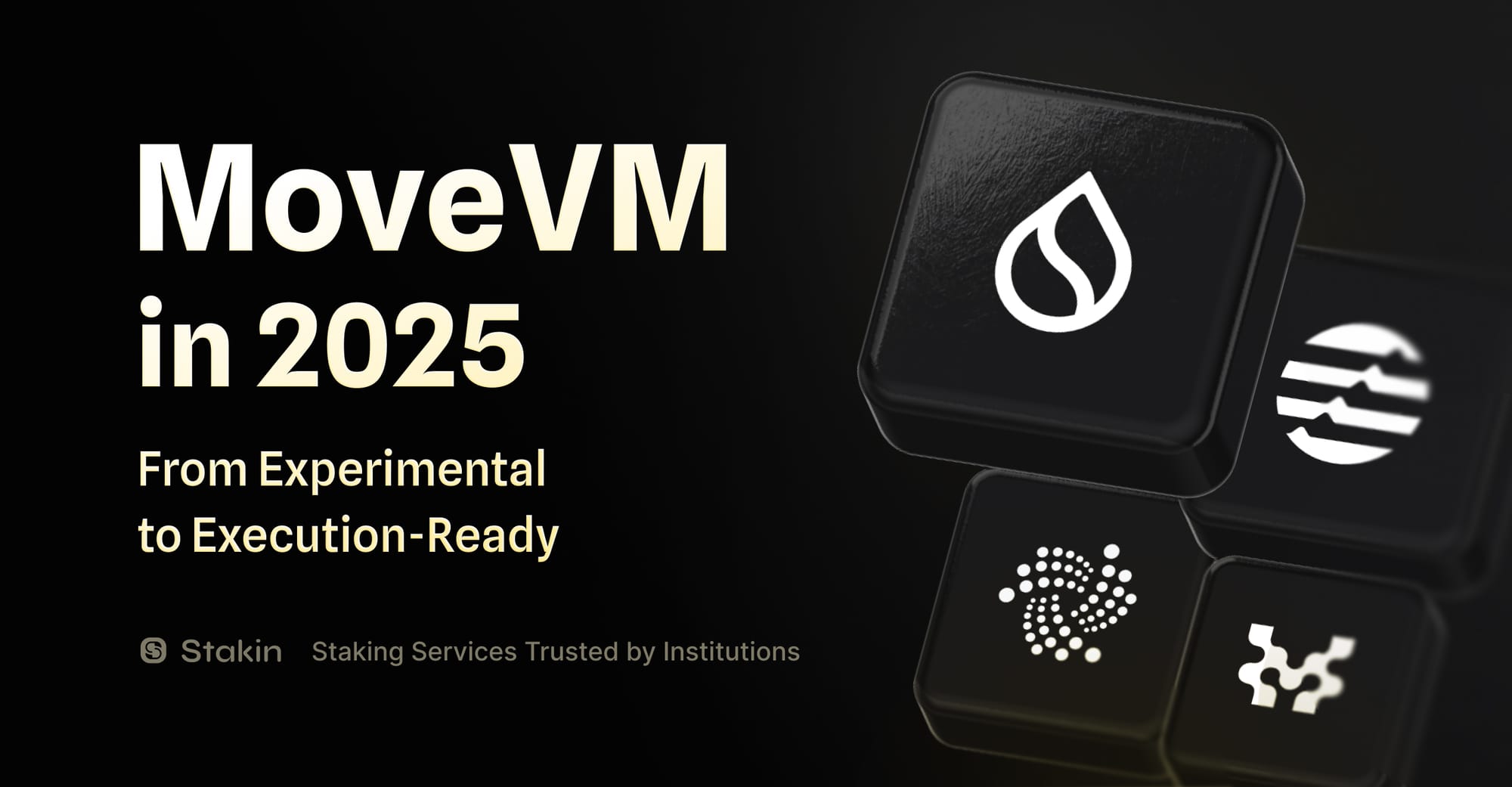Security remains one of the most critical and often underestimated foundations of trust in Web3. As blockchains grow and billions in value flow through decentralized systems, building strong, ecosystem-wide protections has become more important than ever.
The Sui Foundation recently announced its Security Expansion Initiative, building on an existing $10 million commitment to elevate the safety baseline across the entire Sui ecosystem. Rather than focusing solely on protocol-level audits or reactive responses, the initiative aims to “raise the floor” for all participants: developers, wallets, infrastructure providers, validators, and users alike.
At Stakin, as a long-term validator and ecosystem contributor, we view this as a significant step forward in reinforcing user trust and sustainable network growth.
Beyond Audits: A Holistic Approach to Ecosystem Security
Traditional security models in crypto have often been fragmented. Each project secures its own codebase, each user relying on their own vigilance. The Sui Foundation’s initiative challenges this by adopting a coordinated, multi-layered approach to ecosystem defense.
The program is built on four key pillars, as mentioned in the Sui Blog:
- Shielding End-Users
- Impersonation detection: Expanding Web2 takedown coverage to more ecosystem brands to reduce phishing and lookalike site risks..
- Transaction simulation: Already live in wallets like Slush, OKX, and Backpack, this feature will roll out to more wallets, helping users spot suspicious transactions before they sign.
- Malicious app detection: Identifying suspicious apps, tokens, and addresses across more user-facing tools, so threats are flagged before users interact with them.
- Ecosystem-Wide Visibility
The initiative also enhances transparency and real-time awareness across the network.
- Exploit monitoring & alerting: Continuous detection of smart contract exploits, allowing ecosystem teams to respond quickly and contain impact.
- Explorer-integrated tools: Features like transaction graph visualizations, wallet risk scores, and address attribution will be built directly into block explorers, giving everyone a clearer view of potential risks.
- Advanced Protocol Security
On the developer side, the focus is on preventing vulnerabilities before they reach production.
- Exploit simulations: Running proactive tests to uncover weaknesses before attackers do.
- Formal verification: Expanding access to the Move Prover so developers can mathematically verify critical contract logic.
- Crowdsourced AI bugfinding: Using AI and community-powered reviews to surface hidden vulnerabilities in high-value contracts.
- Secure Development Standards
Finally, the Foundation is setting a higher baseline for secure coding.
It will release secure-by-default smart contract templates and recommended coding standards that developers can adopt from the start, reducing risk before deployment.
This ensures security is built into the development process, not added later as an afterthought.
Staking & Infrastructure Security: Key Tips for Delegators and Validators
For delegators and infrastructure operators, it’s crucial to tie ecosystem security to operational practice. Here are some important tips:
For Delegators (staking SUI)
- Choose validators with a track record and transparency. On Sui, you delegate your SUI tokens to a validator; they perform consensus/validation, and you earn rewards.
- Check validator commission and performance. A low commission rate is attractive, but if performance is poor (downtime, slashing, penalties), rewards can drop.
- Use a secure wallet and backup your seed phrase. Even when your funds are staked, the underlying token is still in your wallet and subject to key-management risk.
- Diversify validators. If you only stake with one validator and it fails or misbehaves, your rewards may be at risk. Consider spreading your stake across multiple reputable validators.
- Stay informed of network upgrades. Protocol changes might affect slashing, unstaking periods, or validator requirements. Keep up-to-date with Foundation announcements.
- Avoid “too-good-to-be-true” offers. If a staking provider promises unusually high APY with no transparency, proceed with caution. Security is never free.
For Validators / Infrastructure Operators
- Maintain strong uptime and redundancy. Validators are part of the security backbone of Sui. Any downtime or misconfiguration reduces not only your rewards but also ecosystem trust.
- Key Management and operational hygiene. Ensure secure key management, automated monitoring and alerting, and robust backups.
- Participate in ecosystem-wide security programs. With the Sui Foundation’s initiative emphasizing visibility and monitoring, validators should also contribute where possible.
- Open transparency and community communication. Share performance metrics, incident handling, and governance participation to build delegator confidence.
Raising the Baseline Together
What’s most compelling about the Sui Foundation’s approach is its collaborative philosophy. Instead of treating security as a service for select projects, the Foundation is elevating the baseline for everyone.
The Foundation has invited ecosystem projects, developers, and infrastructure partners to collaborate on the rollout of these security measures.
At Stakin, we’re committed to supporting this evolution by continuing to operate secure, transparent validator infrastructure and by promoting security-first principles across the Sui ecosystem.



